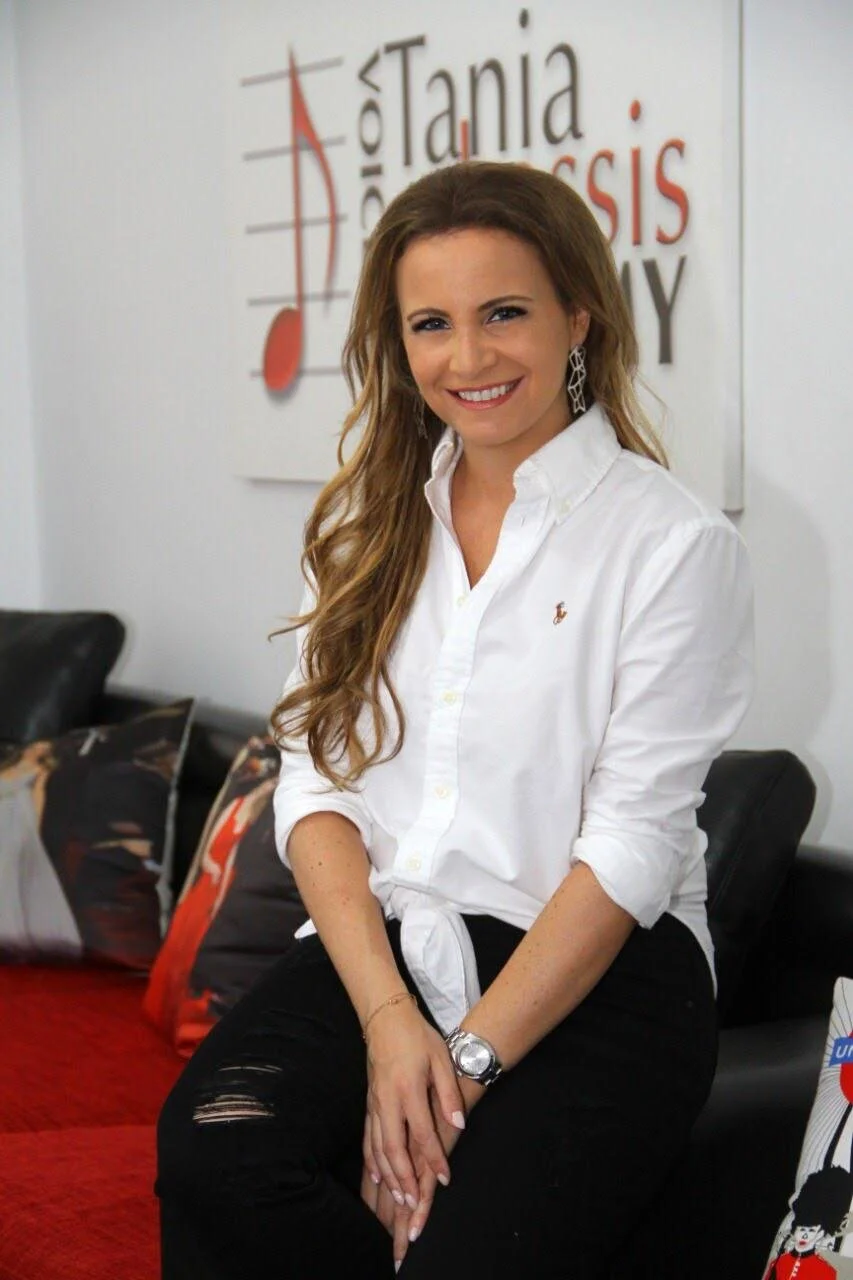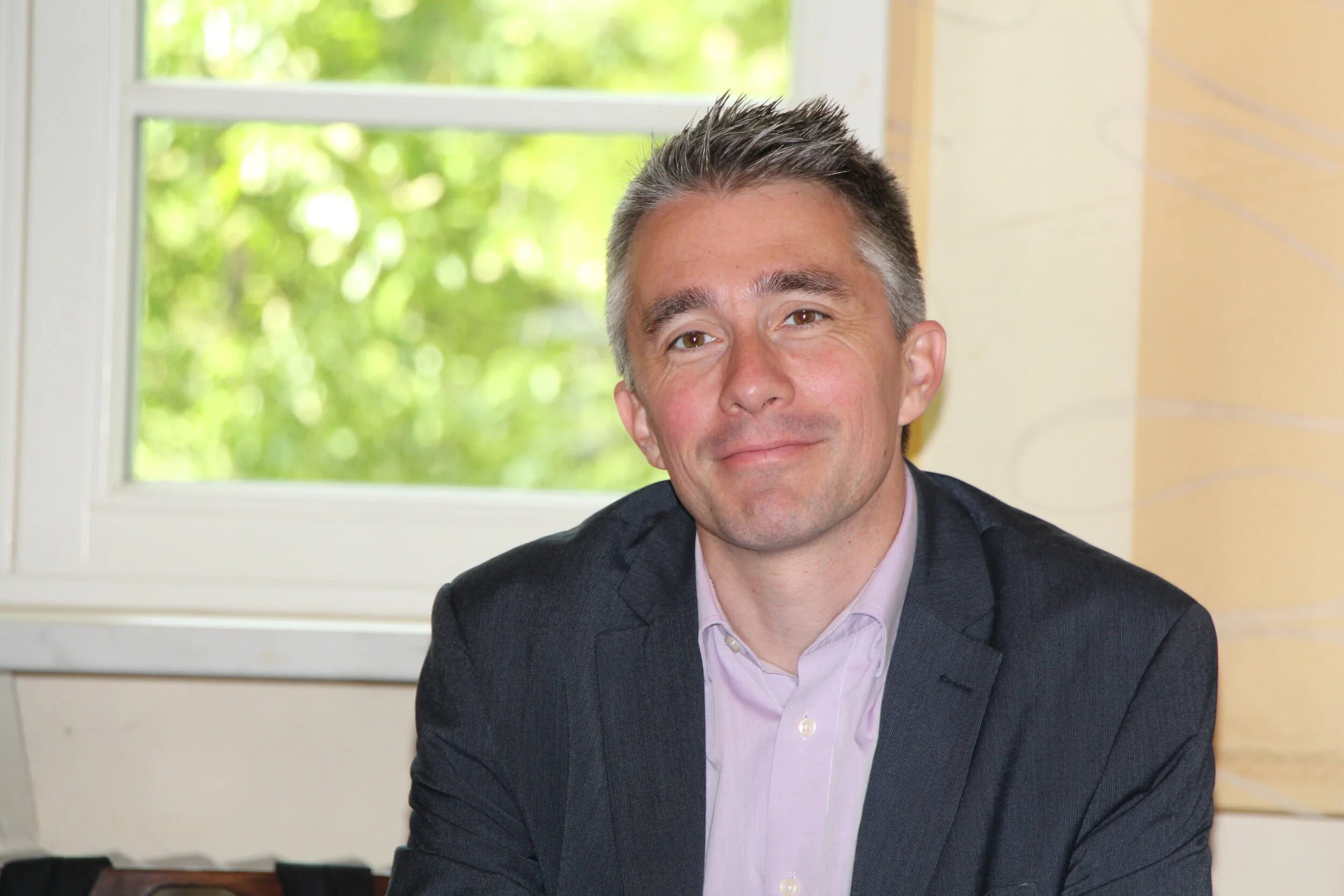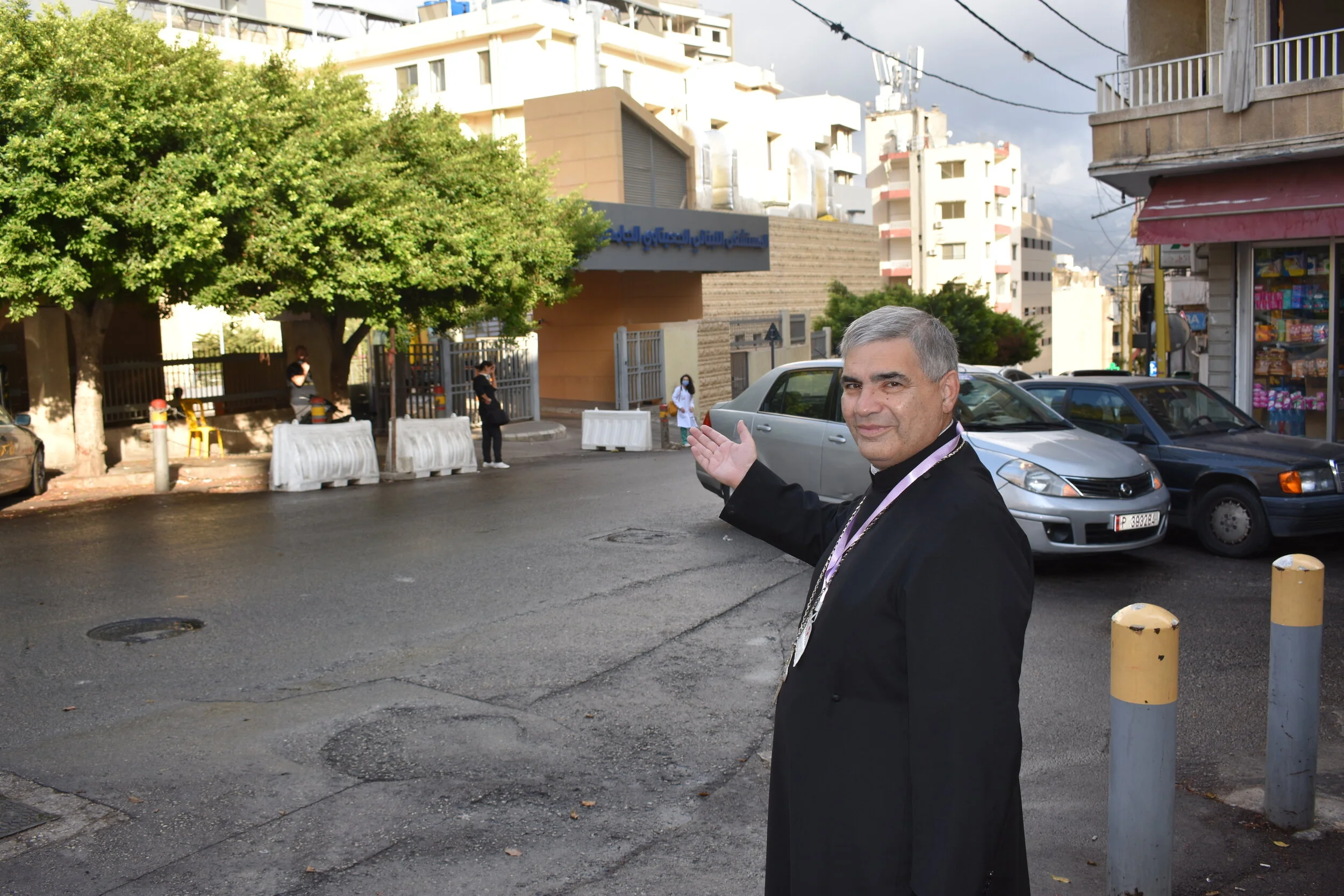
MECC
Following the Beirut blast, music doses to ease the suffering of the affected
Tania Kassis: We should always hold on to hope... I am sure tomorrow will be a better day
Three months after the blast, the Lebanese are still sinking in their tragedy as a result of a disaster, which was a fatal blow that destroyed their lives and future in seconds. Their physical and psychological health was a calamity at a time when the country was already suffering from crucial crises. Ever since that fateful day, Beiruties continue to face great shock and depression, that is interpreted into painful psychological disorders and severe anger and despair; in addition to permanent health problems.
The Ecumenical Committee for the relief of Beirut is still coordinating the relief and field work
Dr. Michel Abs: this experience is unique in the region
The Ecumenical Committee for the relief of Beirut held its virtual regular meeting in order to follow up on the relief process that the Middle East Council of Churches (MECC) is leading in cooperation with representatives of the Member Churches, along with a team from the council’s various departments. The meeting was chaired for the first time by Dr. Michel Abs, the new MECC Secretary General, who praised this Ecumenical experience.
Beirut a Story of Hope
Today, Beirut needs more support from all the people who love it, so that it can rise from its ashes and return to life. This is the reality of the stricken city and its people 3 months following the blast, this reality was filmed in a video entitled "Beirut, a story of hope", as a salutation of peace and love to every Lebanese who was injured in the capital. This short documentary is a message of hope to the whole world. It is a joint work between the MECC Communication and Public Relations Department and the international organization "Kerk In Actie".
On the National Day of Deacons a salutation from the Protestant Dutch Church, entitled: Beirut a story of hope!
The Dutch Protestant Church celebrated, on Saturday November 7, 2020, the National Day of Deacons, with the virtual participation of a group of deacons from different regions in the Netherlands. The celebration’s agenda featured the screening of the documentary "Beirut a story of hope", which is a joint production done by "Kerk In Actie" and the Middle East Council of Churches, as an homage for the wounded Beirut and its suffering citizens due to the 4th of August 2020 Beirut Blast.
Lebanese film directors pay tribute to the Beirut blast victims and a new initiative will save the Lebanese education sector
A series of 15 short films depicting what occurred on the 4th of August has been released. Directors focused on the tales of survivors and backstories of the fallen victims. Several artists and filmmakers collaborated in this project, to immortalize the memory of the Beirut blast victims: “We tell their stories so they won’t be forgotten.”
Tres meses después de la tragedia de Beirut, las partes extranjeras piden una investigación internacional transparente
Hace tres meses, la policía pidió a diez trabajadores del servicio de emergencia que respondieran a un gran incendio en el puerto de Beirut a las 17:55 horas. Sin embargo, no se les informó de las grandes cantidades de nitrato de amonio almacenadas en el puerto, a pesar de que varios altos funcionarios libaneses sabían de su existencia. A las 18:07 horas, el almacén que almacenaba los productos químicos explotó, matando a los bomberos y al paramédico, con un total de 190 personas muertas en la ciudad.
Consultor del Comité Ecuménico, el Rev. Wilbert Van Saane: Fuimos capaces de sentir el amor de Jesús a través de esta tragedia y las dificultades
Tras la explosión de Beirut, el Consejo de Iglesias del Oriente Medio solicitó un Comité Ecuménico para ayudar a la más amplia variedad de personas afectadas, y formó un equipo de responsables en el Consejo y de representantes de las iglesias miembros en Beirut. Para arrojar luz sobre esta labor de socorro sobre el terreno, el Departamento de Comunicación y Relaciones Públicas se reunió con el consultor del Comité, el Rev. Wilbert Van Saane, miembro de la Iglesia holandesa, representante de Kerk in Actie, y profesor de la Escuela Evangélica de Teología de Beirut.
The Ecumenical Committee's consultant, Rev. Wilbert Van Saane: We were able to feel the love of Jesus through this tragedy and hardship
Following the Beirut Blast, the Middle East Council of Churches called for an Ecumenical Committee to help the widest range of affected people, it formed a team of responsables in the Council and of representatives of the Member Churches in Beirut. To shed the light on this field relief work, the Communication and Public Relations department met the Committee's consultant, Rev. Wilbert Van Saane, a member of the Dutch Church representing Kerk in Actie, and a professor at the Evangelical Theology School in Beirut.
Three months following the Beirut tragedy, foreign parties are calling for a transparent international investigation
Three months ago, ten emergency workers were asked by the police to respond to a large fire at the Beirut Dock at 5.55pm. However, they were not informed of the large quantities of ammonium nitrate stored at the port, despite several senior Lebanese officials knowing of its existence. At 6.07 pm, the warehouse storing the chemicals exploded, killing the firefighters and the paramedic, with 190 people in the city killed in all.
El Líbano, la difícil situación de los medios de comunicación católicos
El año 2020 ha sido un año difícil en todos los sentidos para el pequeño país mediterráneo del Líbano. Hogar de 18 comunidades religiosas y sectas diferentes, el Líbano ha sido considerado un modelo de coexistencia y pluralismo, y el país que se suponía que iba a celebrar su centenario, se enfrenta a su peor crisis económica y humanitaria, que amenaza su existencia y su identidad única. La culminación de las catástrofes fue la explosión del puerto de Beirut el 4 de agosto de 2020, en lo que se consideró como una de las explosiones no-nucleares más poderosas de la historia, que dejó más de 200 muertos, más de 6,500 heridos y más de 300,000 personas sin hogar.
Una nueva víctima de la explosión del 4 de agosto y los libaneses continúan curando sus heridas
Hasta hoy, el número de muertos por la explosión de Beirut sigue aumentando, ya que una nueva persona fue víctima de ella. Dima Abdel Samad Kaiss, quiene estuvo en coma durante 83 días por las graves heridas en su cabeza, finalmente se unió a Nuestro Señor en el cielo. Según varios informes, estaba presente en el balcón en el momento de la explosión. De tal forma, que estuvo en coma desde entonces. Su fallecimiento es un ejemplo de la corrupción que aún está extendida en el país. Varios líderes han prometido cambio y justicia rápida desde el día de la explosión, pero no hemos notado nada.
Su Excelencia el Arzobispo Georges Assadourian: El Patriarcado se comprometió a restaurar 200 casas en la afectada Beirut
En el momento en que la explosión tuvo lugar en el puerto de Beirut se dirigía al Patriarcado en Achrafieh-Jeitawi. En menos de segundos, en una abrir y cerrar de ojos, el arzobispo comenzó a transportar en su coche a los heridos al hospital. Su Excelencia el Arzobispo Georges Asadourian, Vicario Patriarcal de la Iglesia Católica Armenia narra las trágicas horas que siguieron a la explosión y lo que vino con ella de tragedia, miseria y dolor que desgarró a los ciudadanos de Beirut, al pueblo libanés y a todos los que aman al Líbano en todo el mundo.
His Excellency Archbishop Georges Assadourian: The Patriarchate pledged to restore 200 houses in the stricken Beirut
The moment the explosion took place in the port of Beirut he was heading to the Patriarchate in Achrafieh – Jeitawi. In less than seconds, the Archbishop started transporting wounded people to the hospital with his car! His Excellency Archbishop Georges Asadourian, Patriarchal Vicar of the Armenian Catholic Church narrates the tragic hours that followed the blast and what came with it of tragedy, misery and sorrow that tore Beirut citizens, the Lebanese people and everyone who loves Lebanon across the world.
A new victim of the 4 August blast and the Lebanese are still nursing their wounds
Till today, the Beirut blast’s death toll continues to increase, as a new person fell victim to it. Dima Abdel Samad Kaiss, who went into an 83-day coma from severe head injuries, finally joined our lord in heaven. According to various reports, she was present on the balcony at the moment of the blast. As such, she had been in a coma ever since. Her passing away is an example of unaccounted-for corruption that’s still rampant in the country.
Lebanon, the plight of Catholic Media
The year 2020 has been a challenging year in all aspects in the small Mediterranean country of Lebanon. Home to 18 different religious communities and sects, Lebanon has been considered a model of coexistence and pluralism, and the country which was supposed to be celebrating its 100 years’ centennial, is facing its worse economic and humanitarian crisis threatening its existence and unique identity.
El Dr. Michel Abs, Secretario General de la MECC, en una primera reunión con el equipo de DSPR
El Dr. Michel Abs, Secretario General del MECC, participó en una reunión de presentación virtual para conocerse, organizada por el departamento del Consejo para el Servicio de los Refugiados Palestinos (DSPR: Department for the Service of Palestinian Refugees), durante la cual expuso su plan de trabajo para los próximos cuatro años, en medio de los desafíos que el Consejo enfrenta hoy en día.
Fr. Charbel Bahi, representing the Syriac Orthodox Church in the wounded Beirut: We urgently need to be united as Christians while working together and showing Christianity through our deeds
In the wake of the Beirut Blast, the churches families and their affiliated institutions rushed to save their affected, to calm their pain and heal their wounds, which are now eternal. In cooperation with local and international humanitarian organizations, such as the Middle East Council of Churches – Diakonia Department, Beirut's dioceses and archdioceses continue their efforts to support those who have been affected psychologically, morally and financially; especially as they drown in an endless cycle of suffocating crises and will not be able to get out of it easily.
In a follow-up to the consequences of Beirut Blast disaster The Middle East Council of Churches continues to sow hope
A lady affected by the Beirut Blast, said in confused and bittersweet tears while receiving a box of aid offered by the Middle East Council of Churches (MECC) “I did not expect to receive cleaning products that would last me for 3 to 4 months, especially that I was not capable of, buying them myself”. In fact, since the 4th of August, this lady’s tears have been burning. She described the pain and despair that are dominating Beirut's people who, without individual initiatives and assistance of churches and civil societies, would have been neither helped nor supported in these tragic and brutal circumstances.
Is there any glimmer of hope in the Beirut Blast investigation?
Although the Lebanese and international observers were hopeful that the FBI would disclose a revelation that would inflame the media, it unfortunately released an inconclusive report which left many questions unanswered. However, not all hope is lost as the judge overseeing the case is still awaiting the French Investigators’ report which is expected to be more comprehensive and conclusive than the one the FBI handed over, which had not determined whether the explosion was accidental or not.
A new batch of relief supplies for the families affected with the Beirut Blast
In the framework of the last two appeals launched by the Middle East Council of Churches consequently to the Beirut Blast, the Diakonia department’s team provided a new batch of relief supplies to presidents in the member church to be distributed to the most vulnerable and damaged families in the Eastern Orthodox, Orthodox, Evangelical and Catholic Churches.




















